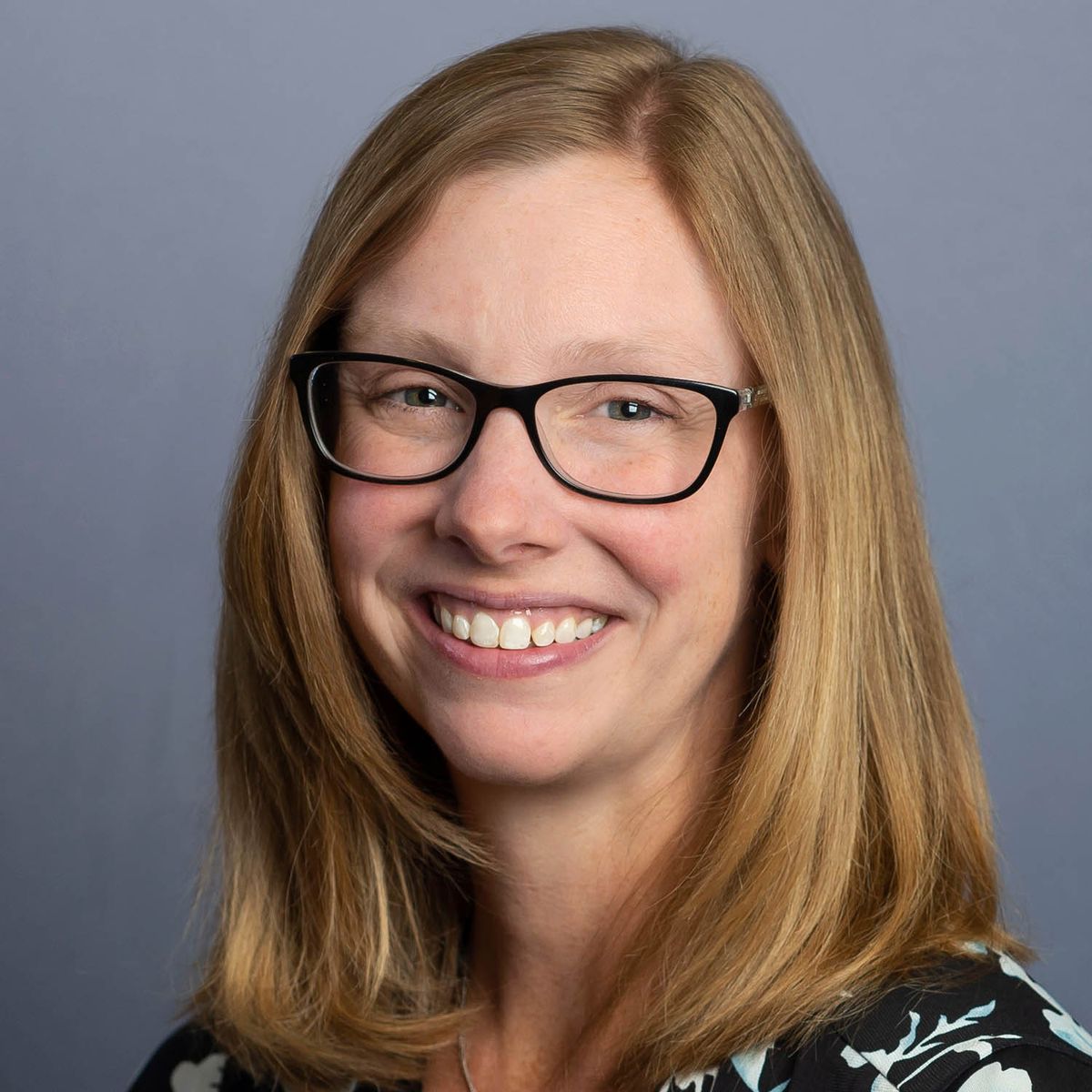New Research Career Development Funding Opportunity for Complementary and Integrative Health Clinician-Scientists
September 18, 2018
**Register for Technical Assistance Webinar on October 2, 2018 at 2:00 p.m. ET**
Clinician-scientists play an important role in advancing translational science and provide unique perspectives to biomedical research informed by patient care. However, the path toward becoming a clinician-scientist is not easy and may be particularly challenging for complementary and integrative health clinicians because of diverse credentialing standards and varying opportunities to engage in research prior to/during clinical training.
The National Center for Complementary and Integrative Health (NCCIH) is excited to partner with the National Center for Advancing Translational Sciences (NCATS) to provide a new research career development pathway for complementary and integrative health clinician-scientists. In this new career development funding opportunity, NCCIH will support the appointment of scholars with doctoral-level clinical complementary and integrative health degrees to NCATS Clinical and Translational Science Awards (CTSA) KL2 Institutional Career Development programs for a minimum of 2 years of research training.
Technical Assistance Webinar
Learn more about this great collaboration and the opportunities available at a webinar on Tuesday, October 2, 2018 from 2:00 to 3:00 p.m. ET. You will have the opportunity to ask questions during the latter portion of the webinar. Please register for the webinar online and submit advance questions to: NCCIHwebinarQ@mail.nih.gov
What are NCATS CTSA KL2 programs?
The CTSA program supports a national network of medical research institutions, called hubs, that work together to identify and test promising translational innovations and develop, demonstrate, and disseminate advances across the translational science research spectrum. One of the primary goals of the CTSA program is to train and cultivate the translational science workforce. To help accomplish this goal, all CTSA program hubs have a KL2 Institutional Career Development Core, which supports research experiences and career guidance activities for scholars with doctoral degrees for 2 to 5 years. KL2 scholars receive mentorship, formal coursework, translational research experience, and access to CTSA resources for a rich career development experience in a multidisciplinary setting.
How will the NCCIH supplements to NCATS KL2 work?
The NCCIH KL2 administrative supplement program will leverage the CTSA program network to enhance and foster research training for scholars with doctoral clinical complementary and integrative health degrees (i.e., D.A.O.M., D.C., D.O., D.P.T., N.D.).
The program directors/principal investigators (PD/PIs) of active CTSA KL2 programs will recruit and nominate eligible scholars for NCCIH KL2 administrative supplement awards. Selected scholars will be immersed in the KL2 program and receive an individualized program of translational science education and career development within a multidisciplinary setting. The proposed mentored research experience can include basic, mechanistic, clinical, or observational research on a natural product or mind and body approach, must align with the NCCIH Strategic Plan, and should provide a foundation for subsequent grant applications.
How do I apply?
Applications are due on December 1, 2018. Only the PD/PIs of active CTSA KL2 programs can apply. Interested scholars are encouraged to use NIH RePORTER to identify and directly contact the PD/PIs of active CTSA KL2 programs to discuss a potential application. PD/PIs of CTSA KL2 programs who have identified a potential scholar are encouraged to contact lanay.mudd@nih.gov to discuss potential scholars and research plans prior to application.
Where can I get more information?
We strongly urge all potential applicants to read through the entire text of the Funding Opportunity Announcement for more details on what NCCIH is and is not interested in. Please join our webinar on October 2, 2018 to learn about the program and ask questions.
Register for Technical Assistance Webinar

Comments
Comments are now closed for this post.